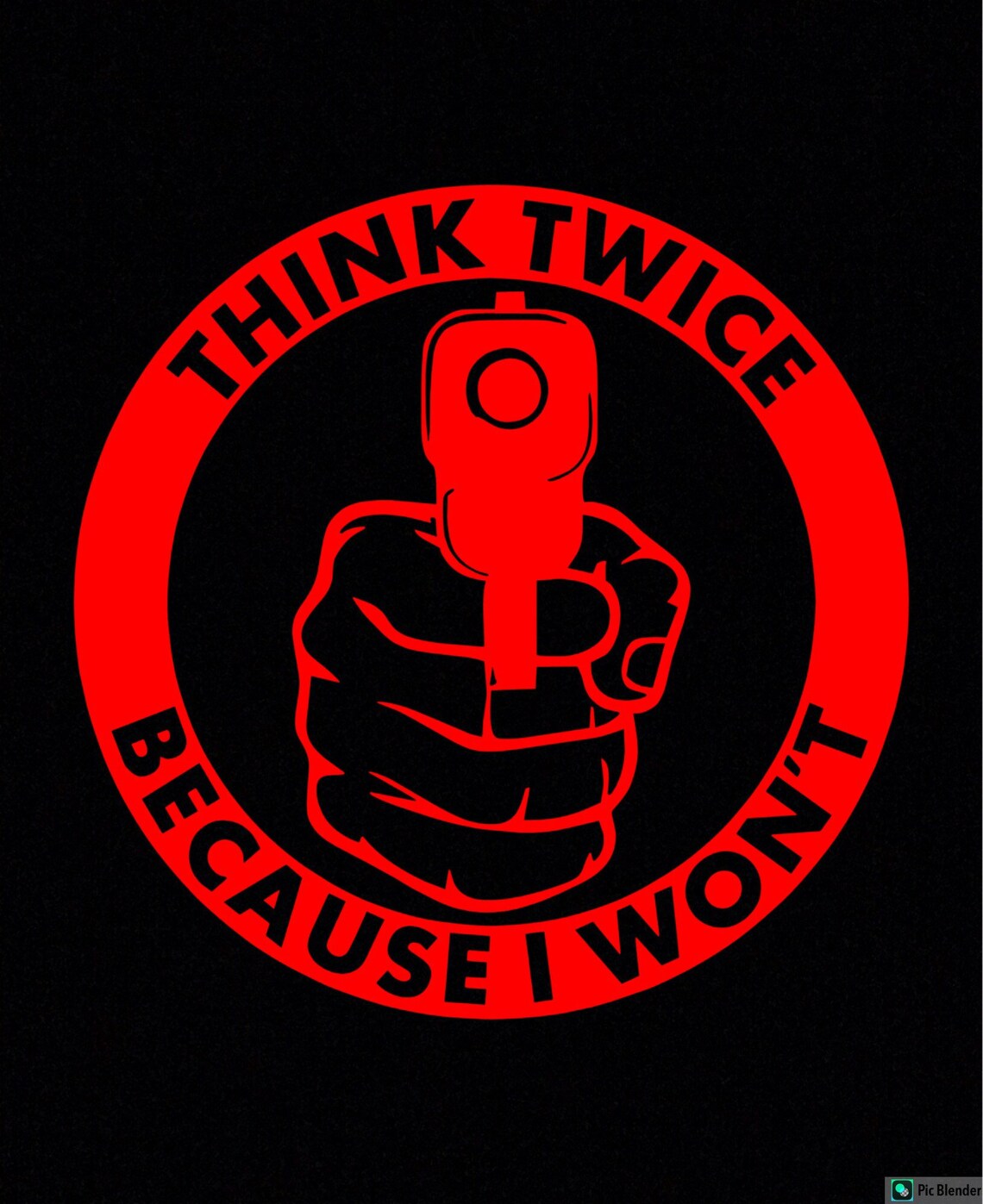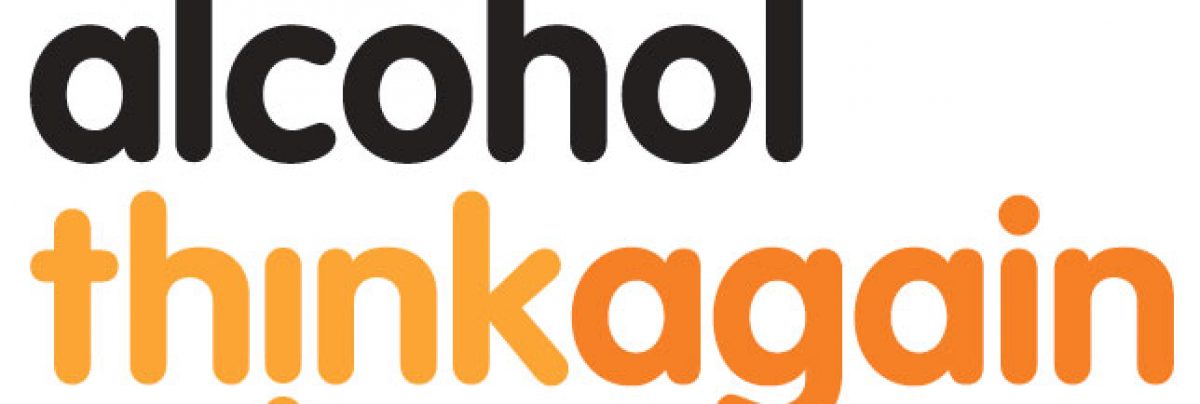

Psychological safe teams make more errors or reveal more errors?Ģ0. How do u marry psychological safety with accountability for results?ġ9. How often do u present material that is open to iteration, refinement, and multiple feedbacks to come to better shape? Do u teach the patience to invite suggestions or embrace criticism?ġ8. Attending lectures are enjoyable to experience, but does that translate into effective learning? Would active learning help you get better grades?ġ7. Do u base your motivational speech on assumptions, or actually listen through motivational interviewing?ġ6. Do u motivate someone to change or nudge someone to think of their own reason to change?ġ5. Stereotypes are rarely questioned by giving counter-evidence but often by asking how do you know? And what would it take to verify?ġ4. Do u assume or ask what kind of evidence will allow others to open their position for a rethink?ġ3. To solicit feedback, do u use the rating scale to peg response and seek ways to improve the score?ġ2.

The more important the matter, do you rely on presenting more arguments in favour of your side, or few important ones, but explained at length?ġ1. Are your disagreements leading to debate or dispute?ġ0. Are you able to keep with the challengers because they care, and weed out insecure criticizers?ĩ. Is the team encountering relationship conflicts or tasks conflict?Ĩ. Is your opinion being proven wrong a question about hurt self-identity or joyous occasion of less wrong in future?ħ. Only the secure identity harness the benefit of doubt, Can you?Ħ. Asking HOW helps reveal to the overconfident, his depth/shallowness of knowledge and need to know more?ĥ. Being competent and being confident are dependent or independent variables? If there is a causal relation, than what is the direction?Ĥ. Do you wear an advocate and politician or scientist hat when looking at a situation?ģ. Do you want your opinions and knowledge to be made right, or wish (hence claim) that they are right?Ģ. It also REMINDS me of certain biases, habits, and fallacies that one fall for, if not being made conscious from time to time.ġ. Think again, is a book that obviously reinforces the importance of rethinking, and highlights the perils of not revisiting one’s ideas and offers advice on methods, tools, and networks that would facilitate rethinking. It’s how these concepts reconcile and fit with the scientist and rethink framework which is interesting and nicely explained.At the end of this book you will value humility, self doubt, curiosity, being proven wrong, healthy debate, complexity and nuance and the value of experiments.My favourite line from the book.If knowledge is power, knowing what you don’t know is wisdom.There is a incredible amount of good stuff in this book. But every chapter in this book is worth learning from.Adam discusses a lot of familiar concepts like psychological safety or listening well. Most books have a few good chapters and some ordinary ones.

As usual Adam combines incredible rigour of studies ( meta analyses ) with practical tips. From dealing with prejudices, education, organisational behaviour, listening and questioning, career planning, dealing with conflict and disagreements and avoiding overconfidence.
#Think again how to#
Always seeking new information, challenging existing beliefs including your own, running experiments to test your hypotheses and being a lifelong learner.Adam explains the concepts and then shows us how to apply these rethinking principles to all walks of life. This is another brilliant book from Adam Grant.The core message of this book is to think like a scientist. He lives in Philadelphia with his wife and their three children. from the University of Michigan, and he is a former Junior Olympic springboard diver. Abrams, Richard Branson, Bill and Melinda Gates, Malcolm Gladwell, Daniel Kahneman, John Legend, and Malala Yousafzai. He has been recognized as one of the world’s 10 most influential management thinkers and Fortune’s 40 under 40, and has received distinguished scientific achievement awards from the American Psychological Association and the National Science Foundation. His pioneering research has inspired people to rethink fundamental assumptions about motivation, generosity, and creativity. A #1 New York Times bestselling author and one of TED’s most popular speakers, his books have sold millions of copies and been translated into 35 languages, his talks have been viewed over 25 million times, and his podcast WorkLife has topped the charts. ADAM GRANT is an organizational psychologist at Wharton, where he has been the top-rated professor for seven straight years.


 0 kommentar(er)
0 kommentar(er)
